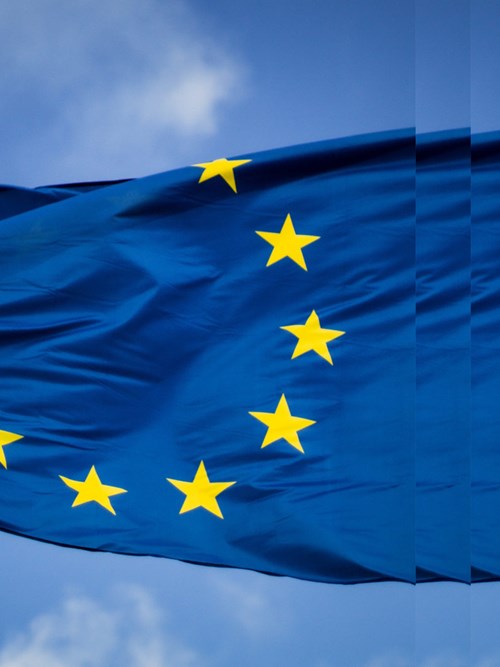Competition Outlook
In this Competition Outlook, Noerr’s Antitrust & Competition practice group provides you with a summary of the most important developments in European and German competition and antitrust law in 2023, focusing on the most prominent issues, and gives an overview of the developments we can expect in these areas in 2024.

The Competition Outlook 2024 from our Antitrust & Competition practice group offers you a summary of the key developments in antitrust and competition law across Europe and Germany in 2023. It highlights the most important topics and provides an outlook of expected trends in 2024.
Not surprisingly, digital issues continued to shape the antitrust environment in Europe and Germany in 2023, echoing the trends from the previous year. There was stricter merger control at EU level, especially for mergers in new markets and digital ecosystems. In addition, the 11th Amendment to the German Act against Restraints of Competition (“ARC”), which came into force in November 2023, marked a significant advancement in Germany’s antitrust legislation. This amendment gives Germany’s Federal Cartel Office preventive powers of intervention by means of sectoral inquiries and is designed especially to better align German legislation with the EU’s Digital Markets Act (“DMA”).
The DMA has given the European Commission extensive powers to monitor key digital undertakings, known as gatekeepers. It has been in force since May 2023, and the European Commission has now designated the first gatekeepers. Starting from Compliance Day, 7 March 2024, the gatekeepers must comply with DMA obligations and in doing so will be monitored by the regulators and market players.
In cartel damages litigation there were more judgments on the level of damage in 2023 than ever before. Over the coming year, we anticipate that pending appeal judgments will provide more detailed guidelines on the assessment of damages in these cases. Furthermore, 2024 will reveal the extent to which the legislature incorporates feedback from practitioners in the 12th Amendment to the ARC.
European State aid law will continue to play a key role in tackling current crises and in facilitating the green and digital transformation of the economy. And it has already achieved initial success by serving as a catalyst for crisis management and transformation. However, the future effectiveness of this legislative framework in overcoming the current crises and ensuring the EU’s long-term competitiveness remains uncertain.
Furthermore, the new EU Foreign Subsidies Regulation has been in full force since the end of 2023. It ensures more equality of opportunity and a level playing field in the EU internal market. Alongside established merger and foreign direct investment controls, it represents another regulatory barrier which companies must observe when carrying out transactions.
With regard to German foreign direct investment control, in 2023 Berlin Administrative Court quashed two decisions by the Federal Ministry for Economic Affairs and Climate Action for the first time, thus strengthening companies’ procedural rights.
Our Competition Outlook 2024 gives you an overview of these and many other topics, including the latest developments from the world of distribution antitrust law.



















